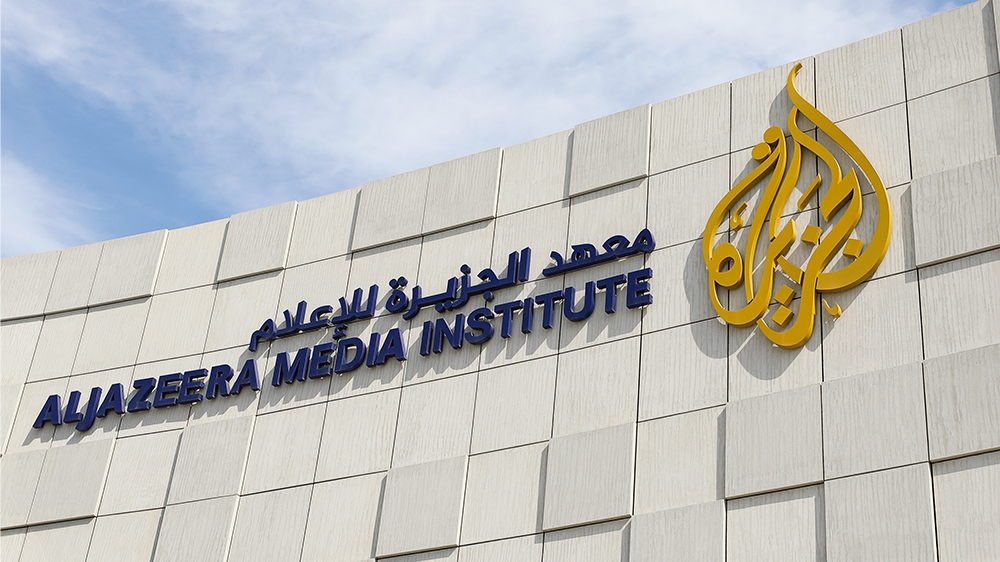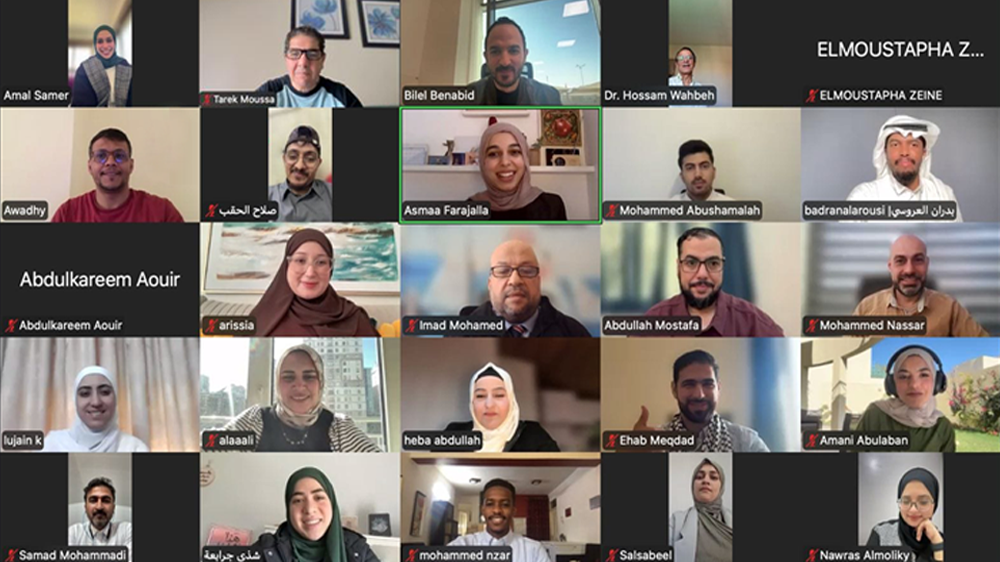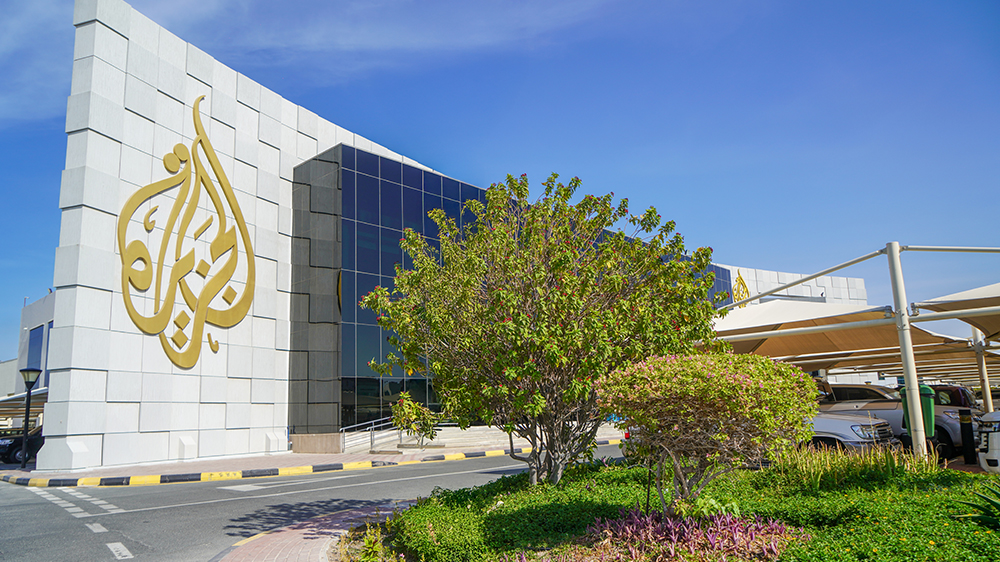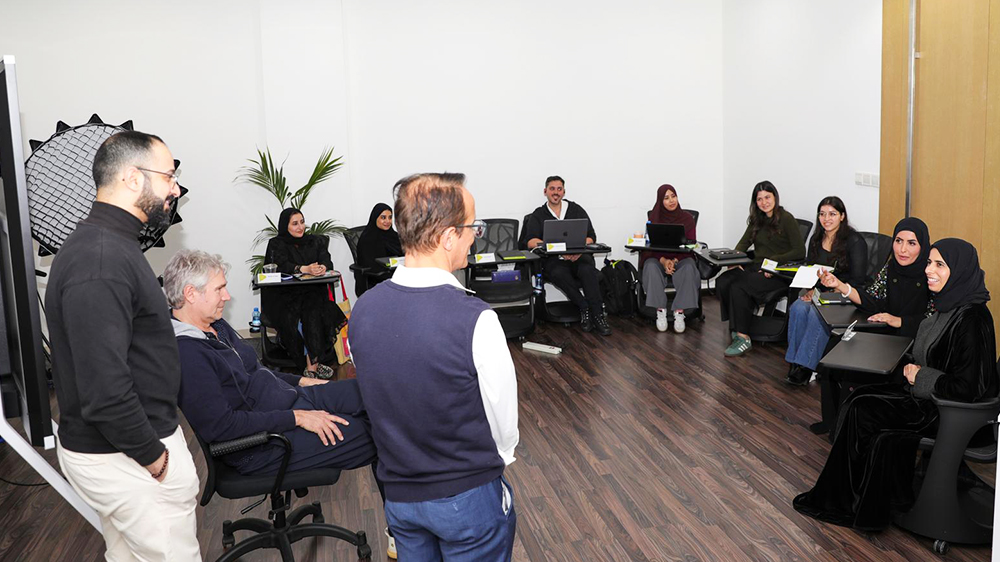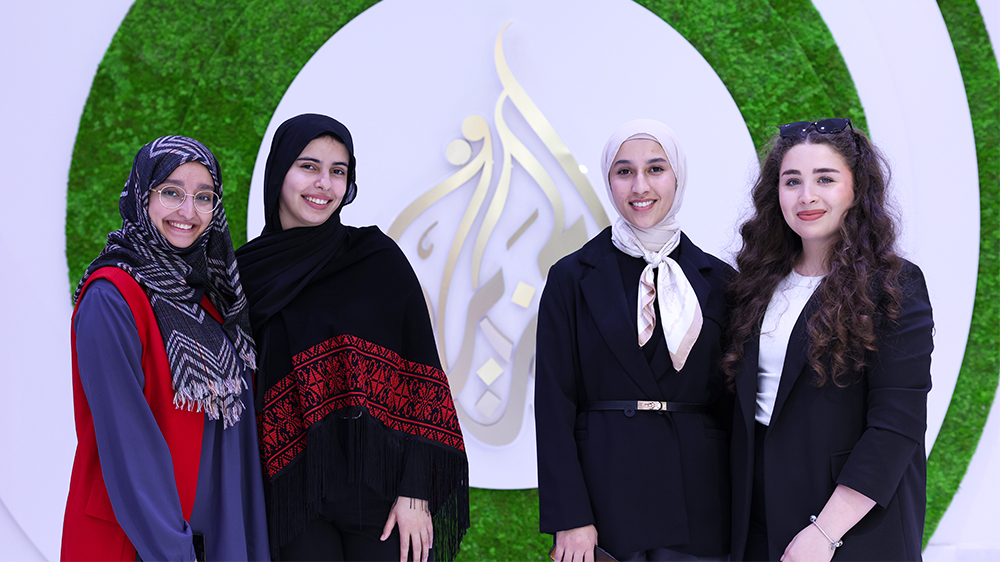News & Events
Interview with Trainer : Nadim Al Mallah
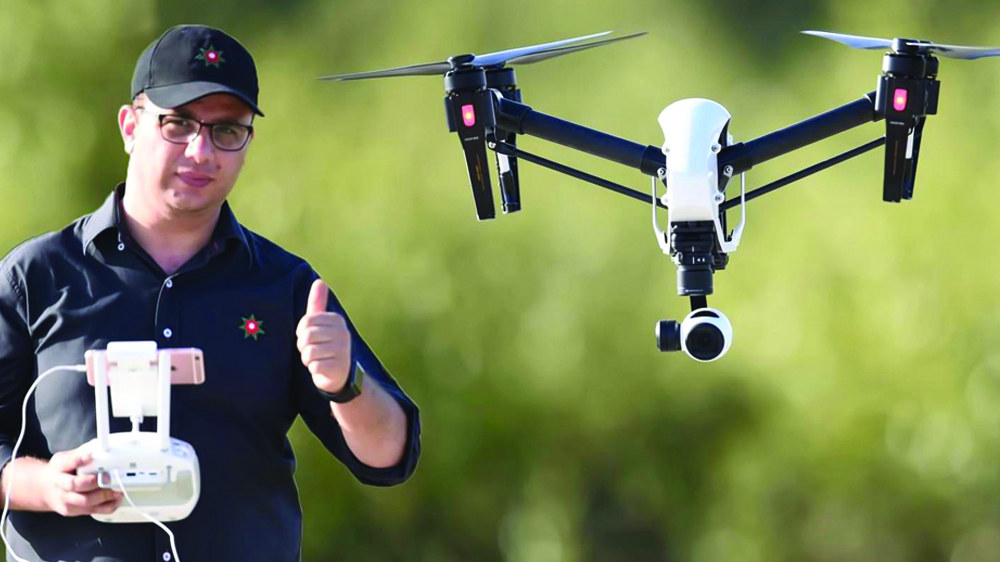
AJMI - DOHA
Nadim Al Mallah is a journalist and senior business presenter, he joined Al Jazeera network in 2001. He contributed to the establishment of the business unit of Al Jazeera Arabic after the transferring from London. In addition to his work as presenter, he is currently presenting the Economy and people program, a field program covering the people's daily lives and how they are affected by economic developments. Along with his long experience in TV presentation, Mr. Al-Mallah present is presenting the Drone filming course at Al-Jazeera Media Institute. He is one of the most distinguished specialists in this field i.e. taking photographs using cameras installed on small planes controlled remotely. To better know Mr. Al-Mallah Al-Jazeera Media Institute website had the following interview with him:
- AJMI :
Can you tell us the importance of the training courses for you? And especially at a practical field level?
- El-Mallah :
First of all and before answering this question, I would like to thank you for giving me this opportunity and salute you for the attention you are paying and the great work you are doing in developing talents. In my field training, I try to share with my trainees the core of my knowledge and experience accumulated throughout the years. The biggest challenge I face is how to best pass it on to my students in a limited time-frame.
- AJMI :
Besides your passion for photography, TV and news, do you have other talents that occupy your interest and time?
- El-Mallah :
Most of my talents are related to modern technology, especially those associated with photography. It all began with my interest in cameras and their development but unfortunately professional photography was a very expensive hobby 10 years ago, before it developed rapidly due to the increased competition and the number of companies producing digital cameras which led to the production of high quality with reasonable prices. As a result, I grew more interested in photography and video making, and then I got more interested into 360 degree image and video features, to finally settle on drone filming.
- AJMI :
Speaking of which, what differentiates the drone filming course from the other courses provided by the Institute?
- El-Mallah :
What distinguish this course are the new dimensions and aspects it brings to the shooting angles unaccustomed to people, this feature is known by the owners of this hobby as "Bird's Eye". For us journalists, this “eye” is meaningful since it indicates clearly and undoubtedly the size and the importance of a given event. For example let’s take a massive march or fire, the angle provided by the drone can indicate the content and substance of the news. This technique adds a number of important visual material points, including :
- The aesthetics of the place, especially in public areas as the drone filming allows to see the place with all its angles, adding an aesthetic aspect on the shot.
- Using drone technique especially in conflict and war zones decreased the risks on journalists as they don’t have to approach the hotbeds of conflict and tension. Of course, this must be done in all safety without harming humans, animals, nature, while preserving public property and not violating any privacy.
- AJMI :
Besides the advantages of the drone filming technique, how the media professionals can benefit from it especially the ones attending this course?
- El-Mallah :
The purpose of this course is to learn how to employ aerial footage as a support to the story. The taken photos are not always necessary and are not used all the time. It’s a photo among many others, this course gives also allows the participants to know the right time and place of air shots, so that they are not used without justification. Today, a lot of TV stations overuse the aerial shots taken by this technique. We consider television as a picture, and the better we use aerial footage, the clearer and truthful is the message.
- AJMI :
Coming to the end of this interview, do you have any media related message?
- El-Mallah :
I would like to say that the media should have a clear goal and should be a key tool in the development process, by providing a media that cares about the daily life of ordinary people. I would like to send a message to all of my media colleagues, whether experienced or not. The more tools you have and acquire, the more importance you gain in the media world, in our business it is not enough to be an eloquent and fluent journalist armed with words. The media nowadays is looking for a journalist with many skills and abilities. I hope that this message reaches the target audience.
